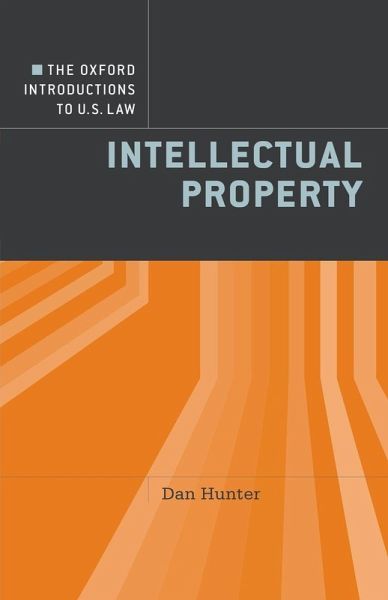
Intellectual Property

PAYBACK Punkte
21 °P sammeln!
In The Oxford Introductions to U.S. Law: Intellectual Property, prominent intellectual property scholar Daniel Hunter provides a precise, engaging overview and careful analysis of current laws of intellectual property and their history. Hunter first focuses on the central areas of intellectual property law, including copyright, patent, trademark, and trade secrets. He then moves beyond the basics, exploring the politics, economics, psychology and rhetoric of possession and control that influence and interact with this area of law. Hunter explains how intellectual property has contributed greatly to the innovations that we, as a society, need in our modern lives. He also describes ways in which the expansion of intellectual property can reduce innovation by stopping others from implementing great ideas or producing new work. Hunter helps readers think about modern intellectual property in a way that allows them to see how innovation and progress are linked to intellectual property law, and how small changes in the laws have had significant consequences for our society. Ultimately, Hunter helps readers form their own views about the various areas within the arena of intellectual property.




